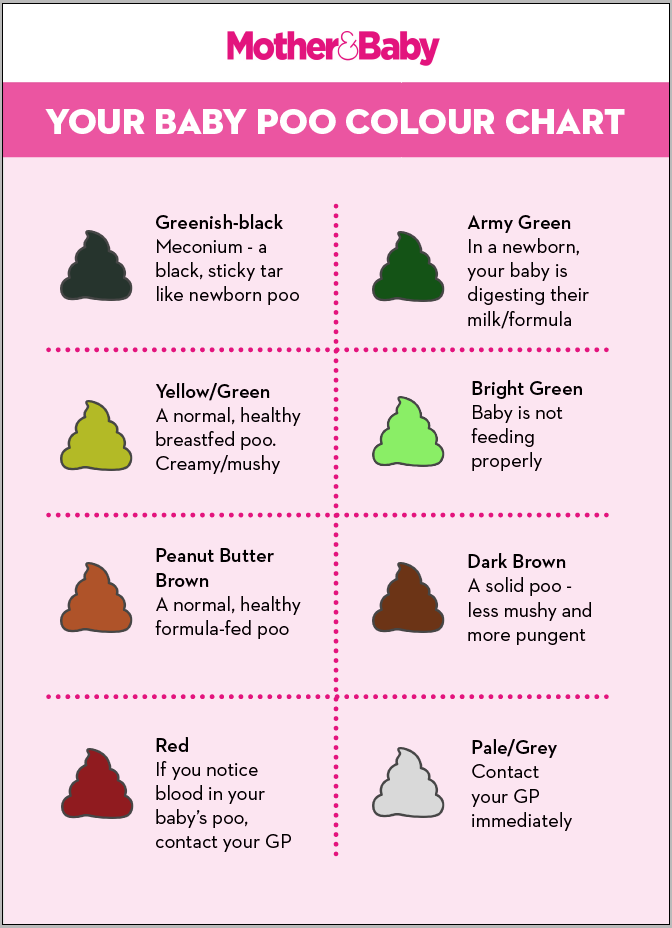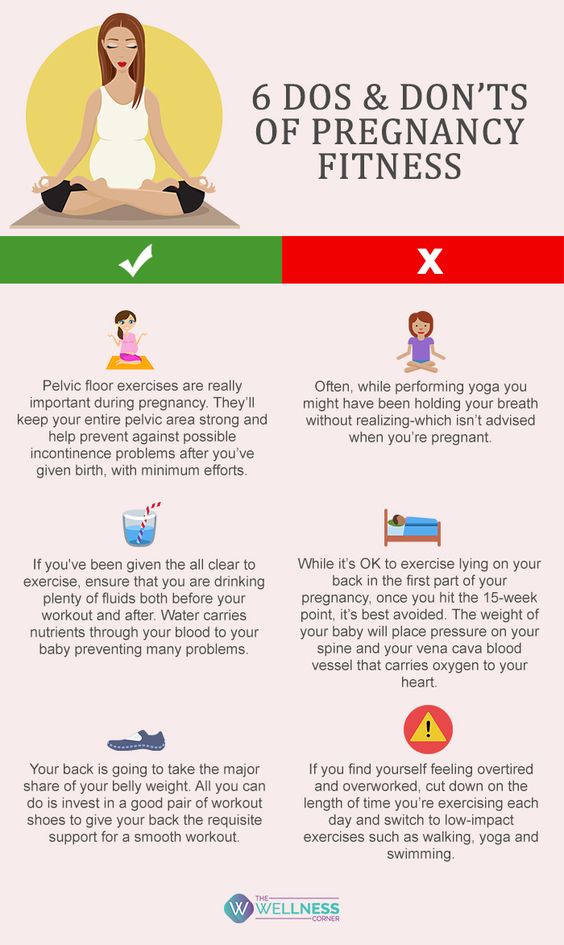Cramping after bowel movement while pregnant
Causes, Tips for Relief, When to Get Help
- Cramping during pregnancy might seem worrisome, but it's normal as your uterus adjusts.
- Cramping can also happen due to constipation and pregnancy-related changes in your body.
- Contact your doctor right away for sudden or severe cramping that’s accompanied by vaginal bleeding.
Experiencing cramping during pregnancy can be scary, but it's often not a cause for concern.
"Cramping is common throughout pregnancy and can be normal. The vast majority of cramps are the uterus adjusting and accommodating the growing pregnancy," says Yaakov Abdelhak, MD, a high-risk perinatologist, maternal fetal medicine specialist, and host of True Birth podcast.
Read on to find out what can cause cramping in pregnancy and when cramps could suggest a more serious problem.
Cramping in the first trimesterCramping is possible during any stage of a pregnancy, including very early on.
"Cramping is more common as a woman gets closer to her due date, but some women will experience cramping from the minute they miss their period (or even slightly before) and all the way up until the moment of birth," says Kristin Mallon, a board certified nurse midwife and co-host of True Birth podcast.
Cramping in the first trimester might happen due to:
- Normal side effects of pregnancy, like the stretching of your uterus as it grows.
- Implantation bleeding, which happens around 10 to 14 days after conception, can also be accompanied by mild cramping. You might also notice some light bleeding or spotting, which should go away on its own within 2 or 3 days.
- Constipation: As a matter of fact, a 2020 study found women are more likely to suffer from constipation during pregnancy than at any other point in their lives. Hormonal changes, like increasing progesterone, relax your intestines and bowels.
 This can slow digestion, resulting in stool that's harder to pass and subsequent constipation cramps.
This can slow digestion, resulting in stool that's harder to pass and subsequent constipation cramps. - Not getting enough dietary fiber can also cause constipation and associated gas and cramping.
It's best to call your doctor or midwife when cramping is severe, accompanied by vaginal bleeding, or doesn't improve after a bowel movement or lying down for a bit.
Severe cramping during early pregnancy can also be a major concern when it's an ectopic pregnancy.
Ectopic pregnancyAn ectopic pregnancy happens when a fertilized egg grows outside of the uterus, most often in a fallopian tube. As the pregnancy grows, the fallopian tube can rupture. This is a medical emergency.
The symptoms of ectopic pregnancy, which typically develop between weeks 4 and 12, can feel a lot like a typical early pregnancy: Common early symptoms include tender breasts, mild cramping on one side of the pelvis, and nausea.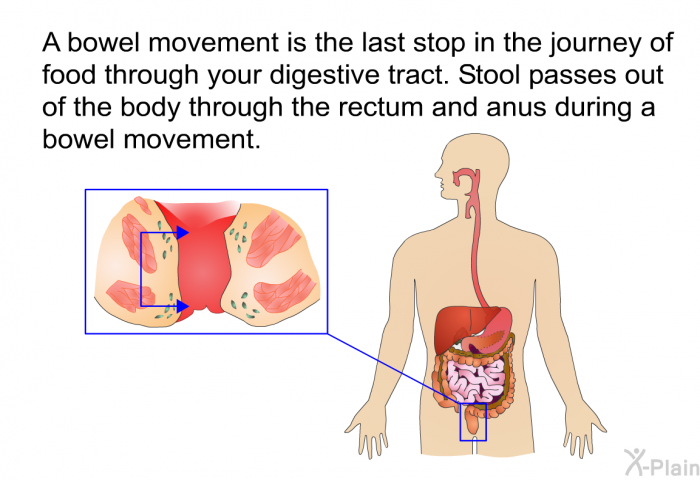
As the pregnancy grows, symptoms will become more severe, especially if the fallopian tube ruptures. A rupture will usually occur around the sixth week of pregnancy.
Let your doctor or midwife know about any vaginal bleeding or severe pain right away.
Important: Call 911 or head to the nearest emergency room if you experience signs of a ruptured fallopian tube, including sudden and severe pain in your abdomen or pelvis, shoulder pain, or general weakness.
Cramping in the second trimesterAgain, constipation is a possible cause of discomfort and cramping during any trimester. Outside of that, you may be experiencing something called round ligament pain.
"Round ligament pain can be confused with cramping and that is most likely to happen in the second trimester," says Abdelhak.
The round ligaments run along both sides of the pelvis and help support your uterus. As your pregnancy progresses the ligaments stretch, causing pain when they tighten or spasm.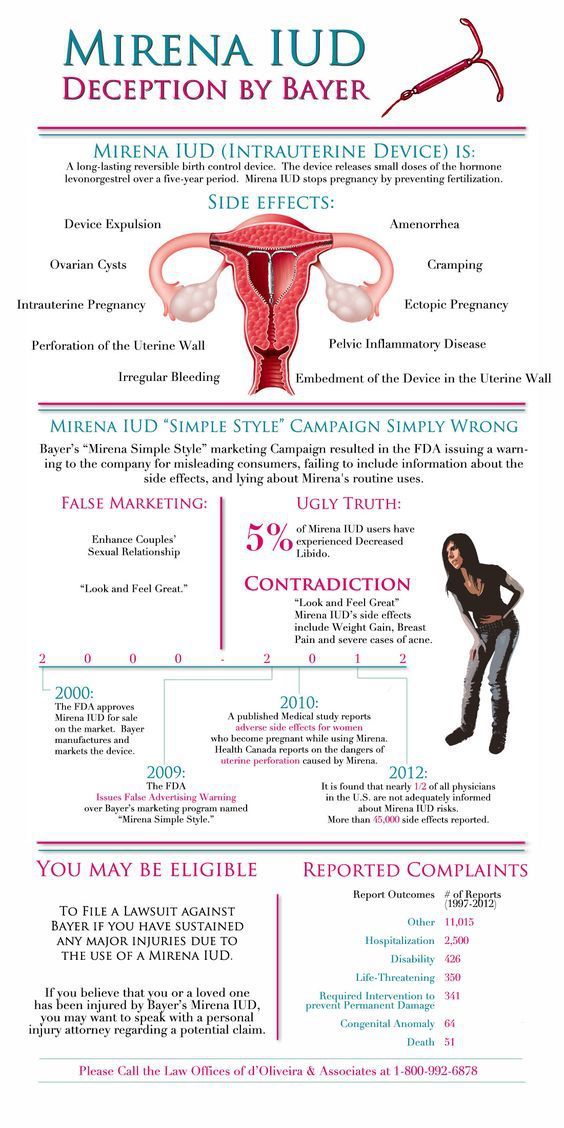
Round ligament pain:
- Can occur on either or both sides of the abdomen or pelvis, but is typically felt on the right.
- Often happens during sudden movements, like when rolling over in bed, standing up quickly, or coughing.
- Is temporary and nothing to worry about.
A less likely, but still possible cause of second trimester abdominal pain is preeclampsia. This serious hypertensive disorder usually develops after 20 weeks of pregnancy.
Symptoms of preeclampsia include:
- Upper abdominal pain that might feel like heartburn
- An ongoing headache
- Confusion
- Blurred or spotty vision
- Swelling of the hands and feet
- Nausea and vomiting
It's best to connect with your care team right away if you experience any of these signs.
Cramping in the third trimesterCramping in the third trimester of pregnancy is most often caused by Braxton-Hicks contractions, also known as false labor pains.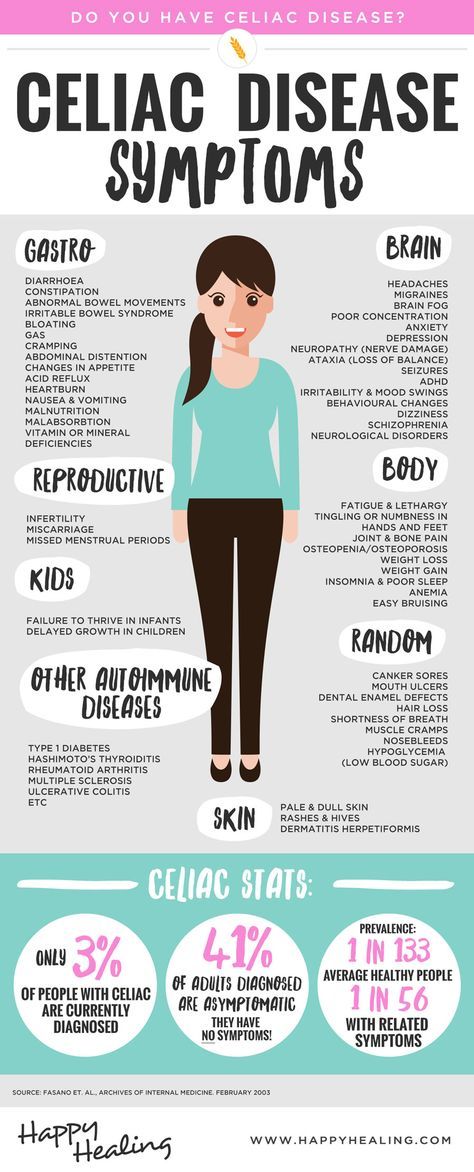
"You can think of Braxton-Hicks contractions as the uterus revving its engine and getting ready for the race ahead. Braxton-Hicks contractions do little on their own. Think of them as a pre-labor tune up," says Abdelhak.
Unlike true labor pains, which will get stronger and closer together, Braxton-Hicks are more sporadic and might change or stop with rest or movement. The discomfort they cause usually isn't as intense as a true labor contraction.
Timing your contractions for an hour can help you determine which type you're experiencing.
Call your care team or head to the hospital if:
- Your contractions are five to seven minutes apart
- Your water breaks
- You're less than 37 weeks pregnant
Hoping for ways to get some relief from pregnancy cramping? These tips may help:
- Drink water. Dehydration can increase the risk of uterine contractions and cramping.
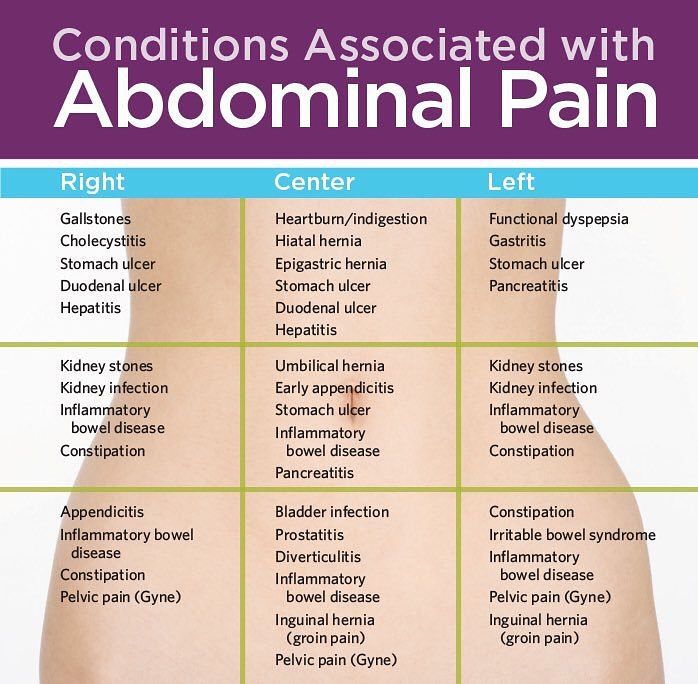 Plus, drinking more water can help prevent constipation. So, whether you're experiencing pregnancy cramps or Braxton Hicks contractions, drinking water can often bring relief.
Plus, drinking more water can help prevent constipation. So, whether you're experiencing pregnancy cramps or Braxton Hicks contractions, drinking water can often bring relief. - Take a warm shower. "A warm shower can do wonders," Mallon says. Taking a warm, but not hot, shower can relax tense muscles and help soothe pain, so it may help ease other types of pregnancy pain along with cramps.
- Tylenol. If you're looking for an over-the-counter pain reliever for pregnancy cramps, Adelhak recommends Tylenol (acetaminophen).
Note: Research has linked anti-inflammatories, ibuprofen, and aspirin to a higher risk of birth defects. Always check with your care team before trying any medication or supplement.
Insider's takeawayCramping during pregnancy can be normal, but simple remedies like rest and hydration can help you get relief.
If you experience persistent or concerning cramping that doesn't improve, it's always a good idea to reach out to your doctor or midwife for more guidance.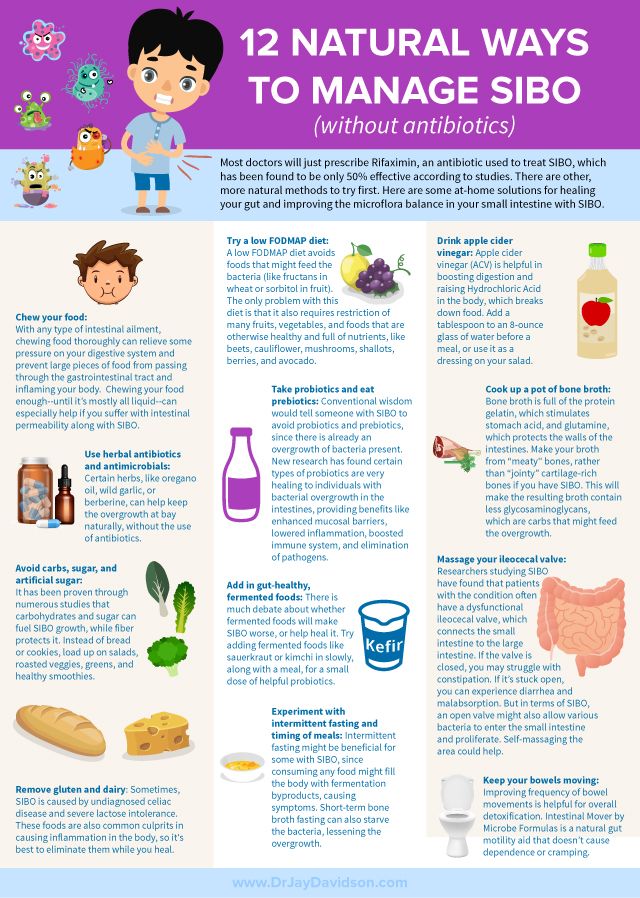
Adrienne Santos-Longhurst
Adrienne Santos-Longhurst is a freelance health and lifestyle writer for Insider, Healthline, and Medical News Today, to name a few. When she's not busy poring over research studies or interviewing medical experts, you can find her belting out cringe-worthy renditions of classic love songs to her pack of geriatric dogs, or trying her hand at DIY — which she's gotten pretty good at, thankyouverymuch! Follow her on Instagram.
Read moreRead less
Abdominal Pain During Pregnancy: Causes and Treatment
Abdominal Pain During Pregnancy: Causes and TreatmentMedically reviewed by Debra Rose Wilson, Ph.D., MSN, R.N., IBCLC, AHN-BC, CHT — By Annette McDermott on June 18, 2015
Pregnancy abdominal pain
Abdominal pain during pregnancy isn’t unusual, but it can be scary.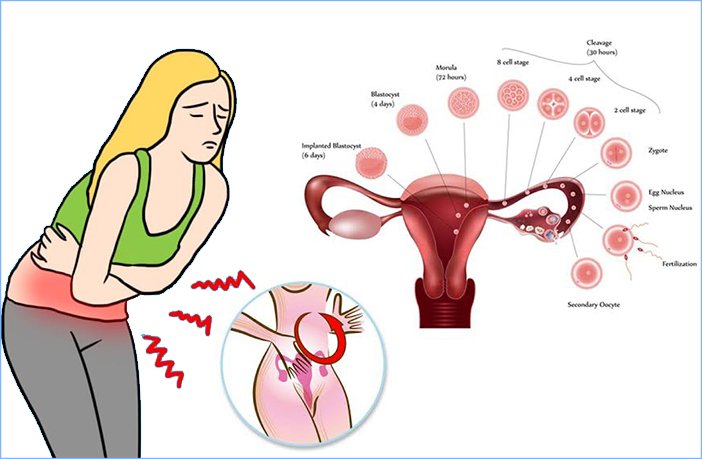 The pain may be sharp and stabbing, or dull and achy.
The pain may be sharp and stabbing, or dull and achy.
It can be challenging to determine if your pain is serious or mild. It’s important to know what’s normal and when to call your doctor.
Pregnancy gas pain
Gas can cause excruciating abdominal pain. It may stay in one area or travel throughout your belly, back, and chest.
According to the Mayo Clinic, women experience more gas during pregnancy due to increased progesterone. Progesterone causes intestinal muscles to relax and extends the time it takes food to get through the intestines. Food remains in the colon longer, which allows more gas to develop.
As your pregnancy progresses, your enlarging uterus puts extra pressure on your organs, which can slow digestion further and allow gas to build up.
Treatment
If abdominal pain is caused by gas, it should respond to lifestyle changes. Try eating several small meals throughout the day and drink lots of water.
Exercise may also help aid digestion.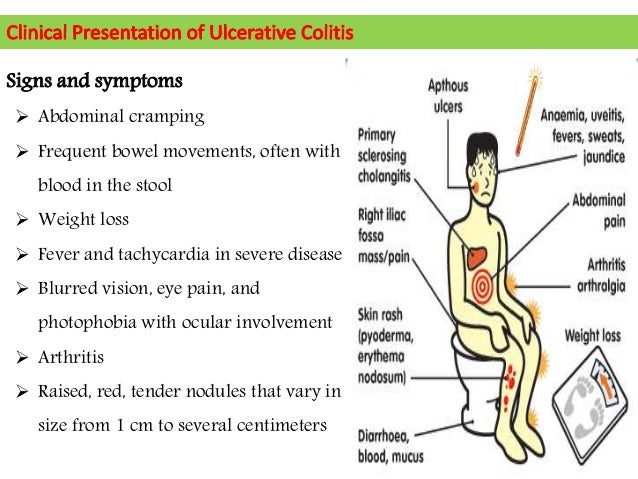 Identify foods that trigger gas and avoid them. Fried and greasy foods, as well as beans and cabbage, are common culprits. Avoid all carbonated beverages, too.
Identify foods that trigger gas and avoid them. Fried and greasy foods, as well as beans and cabbage, are common culprits. Avoid all carbonated beverages, too.
Many women write off abdominal pain during pregnancy as gas, but there are other benign reasons for pain to occur.
Round ligament pain
There are two large round ligaments that run from the uterus through the groin. These ligaments support the uterus. As the uterus stretches to accommodate your growing baby, so do the ligaments.
This may cause sharp or dull pain in the abdomen, hips, or groin. Shifting your position, sneezing, or coughing can trigger round ligament pain. This usually occurs in the last half of the pregnancy.
Treatment
To reduce or eliminate round ligament pain, practice getting up slowly if you’re sitting or lying down. If you feel a sneeze or cough coming on, bend and flex your hips. This can help to reduce the pressure on the ligaments.
Daily stretching is also an effective method for reducing round ligament pain.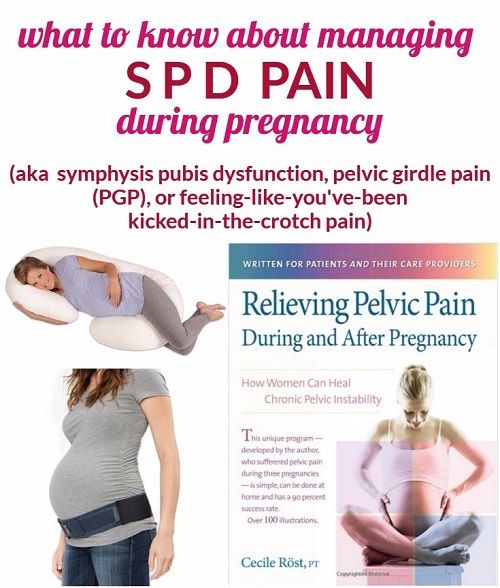
Constipation
Constipation is a common complaint among pregnant women. Fluctuating hormones, diet that’s short on fluids or fiber, lack of exercise, iron pills, or general anxiety can all lead to constipation. Constipation may cause severe pain. It’s often described as cramping or sharp and stabbing pain.
Treatment
Try increasing the amount of fiber in your diet. Increasing fluids may also help. Pregnant women should drink at least 8 to 10 glasses of water each day. Talk to your doctor before taking a stool softener. Some stool softeners aren’t recommended during pregnancy.
Braxton-Hicks contractions
These “practice” or “false” contractions occur when the uterine muscles contract for up to two minutes. The contractions aren’t labor and are irregular and unpredictable. They may cause pain and uncomfortable pressure, but they’re a normal part of pregnancy.
Braxton-Hicks contractions often occur in the third trimester of pregnancy. Unlike labor contractions, these contractions don’t get progressively more painful or more frequent over time.
Unlike labor contractions, these contractions don’t get progressively more painful or more frequent over time.
HELLP syndrome
HELLP syndrome is an acronym for its three main parts: hemolysis, elevated liver enzymes, and low platelets. It’s a life-threatening complication of pregnancy.
It’s unclear what causes HELLP, but some women develop the condition after receiving a preeclampsia diagnosis. According to the Preeclampsia Foundation, of the 5 to 8 percent of women in the United States who develop preeclampsia, it’s estimated that 15 percent will develop HELLP.
Women without preeclampsia may also acquire this syndrome. HELLP is more common in first-time pregnancies.
Right upper-quadrant abdominal pain is a symptom of HELLP. Other symptoms include:
- headache
- fatigue and malaise
- nausea and vomiting
- blurry vision
- high blood pressure
- edema (swelling)
- bleeding
If you have abdominal pain accompanied by any of these additional HELLP symptoms, seek medical advice right away. Dangerous complications or even death can result if HELLP isn’t treated immediately.
Dangerous complications or even death can result if HELLP isn’t treated immediately.
Other reasons for concern
Abdominal pain during pregnancy may also be a sign of other, more serious conditions. These include:
- miscarriage
- ectopic pregnancy
- placental abruption
- preeclampsia
These conditions require immediate medical attention.
Conditions not directly related to pregnancy may also cause abdominal pain. These include:
- kidney stones
- urinary tract infections (UTIs)
- gallstones
- pancreatitis
- appendicitis
- bowel obstruction
- food allergies or sensitivities
- peptic ulcer disease
- a stomach virus
Call your doctor immediately if your pain is accompanied by any of the following:
- fever or chills
- vaginal bleeding or spotting
- vaginal discharge
- repetitive contractions
- nausea or vomiting
- lightheadedness
- pain or burning during or after urination
When considering if abdominal pain is gas or something more serious, keep all of this information in mind. Though at times severe, gas pain usually resolves itself within a short period of time. It’s often relieved when you burp or pass gas.
Though at times severe, gas pain usually resolves itself within a short period of time. It’s often relieved when you burp or pass gas.
You may be able to connect an episode to something you ate or a period of stress. Gas isn’t accompanied by fever, vomiting, bleeding, or other serious symptoms. Gas pains don’t get longer, stronger, and closer together over time. That’s likely early labor.
Whenever in doubt, call your doctor or go in and seek treatment at your birthing center. It’s always better to err on the side of caution.
Last medically reviewed on August 18, 2017
- Parenthood
- Pregnancy
How we reviewed this article:
Healthline has strict sourcing guidelines and relies on peer-reviewed studies, academic research institutions, and medical associations. We avoid using tertiary references. You can learn more about how we ensure our content is accurate and current by reading our editorial policy.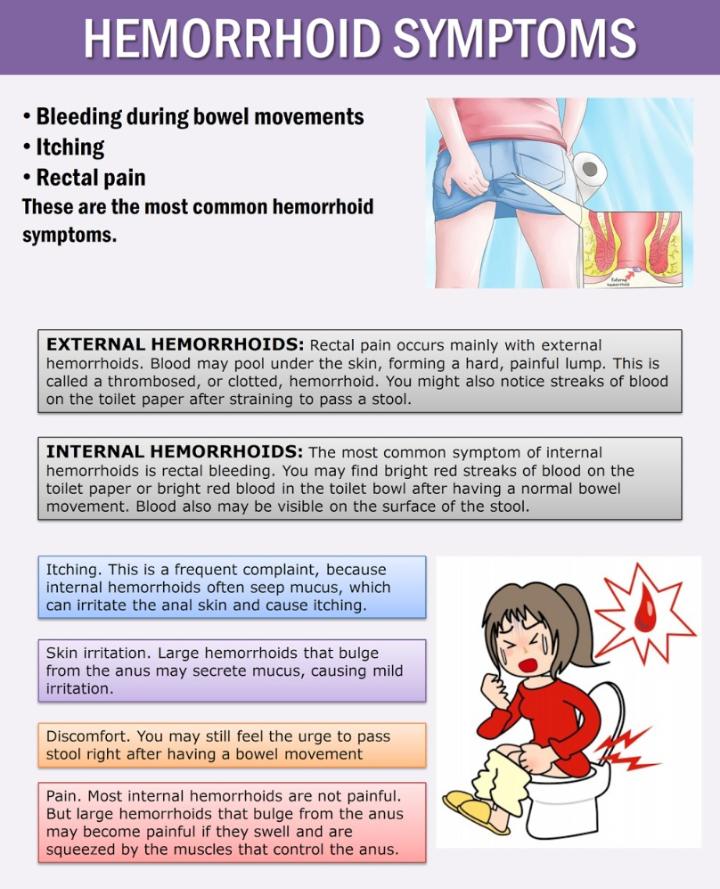
- Gas. (2016).
marchofdimes.org/pregnancy/gas.aspx - HELLP syndrome. (2015).
preeclampsia.org/health-information/hellp-syndrome - Murry MM. (2013). Pregnancy week by week: Pregnancy and you blog: Gas in pregnancy: Why it happens, what to do.
mayoclinic.org/healthy-lifestyle/pregnancy-week-by-week/expert-blog/gas-in-pregnancy/bgp-20055810 - Murry MM. (2014). Pregnancy week by week: Pregnancy and you blog: Round ligament pain: Understanding this pregnancy complaint.
mayoclinic.org/healthy-lifestyle/pregnancy-week-by-week/expert-blog/round-ligament-pain/bgp-20111536 - Pregnancy: Body changes and discomforts: Constipation.
womenshealth.gov/pregnancy/youre-pregnant-now-what/body-changes-and-discomforts - Pregnancy: Staying healthy and safe: When to call the doctor. (2017).
womenshealth.gov/pregnancy/youre-pregnant-now-what/staying-healthy-and-safe - Tobah YB.
 (2017). Pregnancy week by week: Pregnancy and you blog: Is it safe to take stool softeners to treat pregnancy constipation?
(2017). Pregnancy week by week: Pregnancy and you blog: Is it safe to take stool softeners to treat pregnancy constipation?
mayoclinic.org/healthy-lifestyle/pregnancy-week-by-week/expert-answers/pregnancy-constipation/faq-20058550 - True vs false labor. (2016).
my.clevelandclinic.org/health/articles/true-vs-false-labor
Our experts continually monitor the health and wellness space, and we update our articles when new information becomes available.
Current Version
Aug 18, 2017
Medically Reviewed By
Debra Rose Wilson, PhD, MSN, RN, IBCLC, AHN-BC, CHT
Jun 18, 2015
Written By
Annette McDermott
Edited By
Frank Crooks
Share this article
Medically reviewed by Debra Rose Wilson, Ph.D., MSN, R.N., IBCLC, AHN-BC, CHT — By Annette McDermott on June 18, 2015
Read this next
How Constipation Feels
Medically reviewed by Saurabh Sethi, M.
 D., MPH
D., MPHConstipation can make you feel constantly bloated, uncomfortable, or even achy. Read about signs of constipation, including while you’re pregnant or…
READ MORE
5 Safe Remedies for Constipation in Pregnancy
Medically reviewed by Lynn Starr, RNC-OB
Feeling constipated during pregnancy is common, but uncomfortable. Here are some safe remedies that offer relief.
READ MORE
What to Know About Pregnancy Hemorrhoids
Hemorrhoids are common during pregnancy. They're often caused by increased blood volume and extra pressure from your growing baby.
READ MORE
Should I Take Unisom During Pregnancy?
Medically reviewed by Alan Carter, Pharm.D.
Here’s what you need to know about taking Unisom and other sleep aids during pregnancy.

READ MORE
13 Foods That Cause Bloating (and What to Eat Instead)
By Adda Bjarnadottir, MS, RDN (Ice)
Bloating is often caused by certain foods. This article lists 13 foods that are known to cause bloating, and shows you what to replace them with.
READ MORE
Is Overlying Bowel Gas Something to Worry About?
Overlying bowel gas isn't serious, but it can cause pain or an unclear ultrasound. We'll go over the common symptoms and when you should talk with…
READ MORE
Why Do My Farts Smell So Bad? Smelly Farts Explained
Medically reviewed by Cynthia Taylor Chavoustie, MPAS, PA-C
Passing gas occurs naturally, but if your farts smell rotten, something could be wrong. Learn about common causes and how to get rid of smelly farts.

READ MORE
Why Protein Makes Your Farts Stink and How to Treat Flatulence
Eating an excessive amount of protein may cause flatulence. If excessive farting becomes a problem, you can correct this issue with these dietary…
READ MORE
Why TUMS Won’t Help Get Rid of Gas
Medically reviewed by Femi Aremu, PharmD
Standard TUMS do not help with gas. Learn more about what treatments do help fight gas, as well as how to prevent it in the first place.
READ MORE
Everything You Need to Know About Flatulence
Also known as farting, flatulence is when the body releases gas from the digestive system through the anus. Here's what causes gas and how to find…
READ MORE
Delicate question.
 Intestinal problems during pregnancy
Intestinal problems during pregnancy It's no secret that during pregnancy women have to deal with all sorts of ailments: toxicosis, convulsions, increased urination, and frequent unmotivated mood swings... All the organs and systems of the expectant mother experience increased stress. It is not easy for the digestive system.
The most common problems during pregnancy in this area include constipation, hemorrhoids, heartburn, as well as indigestion and associated bloating, diarrhea, increased gas production, discomfort and pain. Even if the overtaken disease does not pose a danger to the health of mother and baby, it can deliver a lot of discomfort, significantly reducing the quality of life. And that means you can’t let ailments take their own course!
Constipation
From a medical point of view, constipation is the absence of stool for three or more days. The act of defecation in this case, as a rule, is difficult, accompanied by painful sensations. Frequent companions of constipation can be pain in the abdomen, a feeling of incomplete emptying of the intestines, bloating, nausea, bitterness in the mouth.
Frequent companions of constipation can be pain in the abdomen, a feeling of incomplete emptying of the intestines, bloating, nausea, bitterness in the mouth.
Where is the problem? One of the reasons provoking violations of the natural bowel movement is hormonal changes in the body. The hormone progesterone, against which pregnancy proceeds, has a relaxing effect on the muscles of the intestine, which helps to slow down the movement of feces. Over time, the growing uterus begins to put pressure on the intestines, which impairs its motor function, further exacerbating the problem. Malnutrition also contributes - it is known that during this period, expectant mothers change their taste preferences, and their appetite increases. Experts do not deny the psychological nature of constipation. The fears that expectant mothers are subject to, an unstable emotional background can also contribute to the development of constipation.
What to do? The main method of dealing with constipation should be the correction of the diet.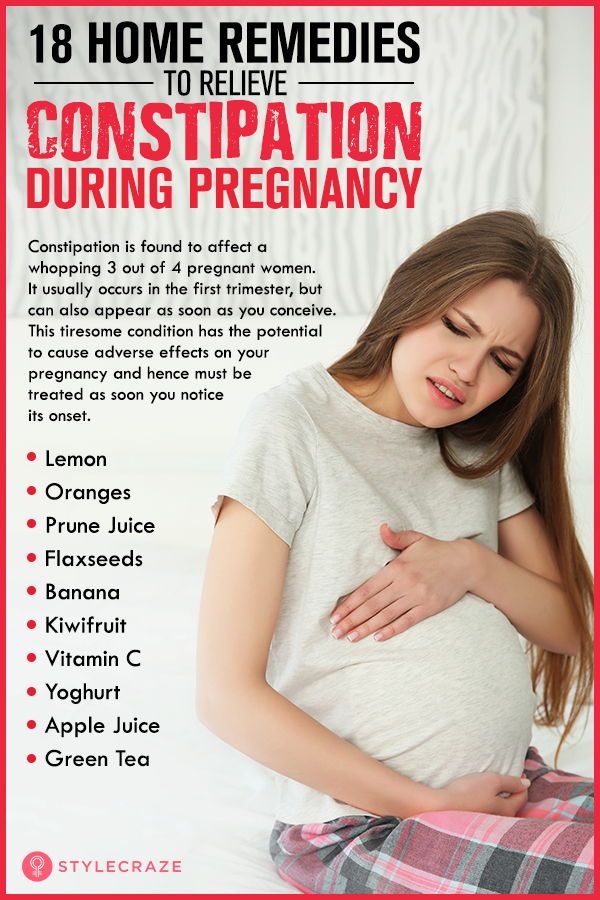 In no case should you allow large intervals between meals, as well as overeating. It is mandatory to include daily in your diet products that enhance intestinal motility: bread with bran, raw vegetables and fruits (especially apples, carrots, pumpkin), dried fruits, buckwheat, barley and oatmeal, meat with a lot of connective tissue, dairy products containing bifidobacteria. It is important to ensure adequate fluid intake in the body. Preference should be given to non-carbonated drinking water, as well as non-clarified juices with pulp rich in fiber (apricot, peach, etc.). In the morning on an empty stomach it is useful to drink a glass of raw cold water with the addition of a spoonful of honey.
In no case should you allow large intervals between meals, as well as overeating. It is mandatory to include daily in your diet products that enhance intestinal motility: bread with bran, raw vegetables and fruits (especially apples, carrots, pumpkin), dried fruits, buckwheat, barley and oatmeal, meat with a lot of connective tissue, dairy products containing bifidobacteria. It is important to ensure adequate fluid intake in the body. Preference should be given to non-carbonated drinking water, as well as non-clarified juices with pulp rich in fiber (apricot, peach, etc.). In the morning on an empty stomach it is useful to drink a glass of raw cold water with the addition of a spoonful of honey.
Avoid foods that cause constipation. These include flour, sweet, salty, spicy, smoked, fried, etc. It is recommended to exclude from the diet foods that cause increased gas formation: legumes, cabbage, onions, garlic, radishes, radishes, apple and grape juices.
Please note that laxatives are rarely prescribed during pregnancy, as by increasing intestinal motility they can tone the uterus.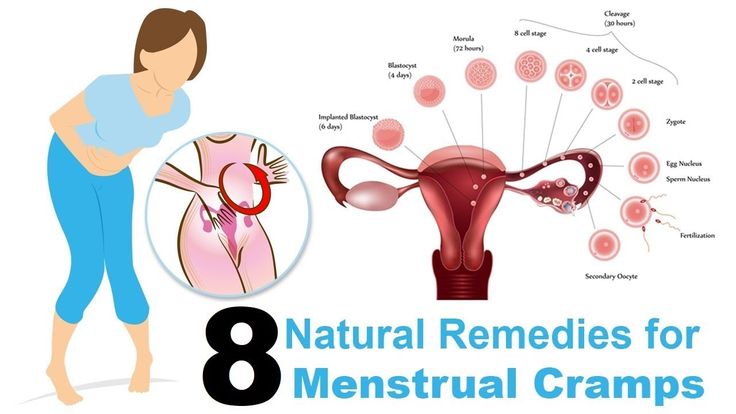 However, in some cases it is better to resort to medical treatment than to suffer from constant constipation that threatens to lead to the development of hemorrhoids.
However, in some cases it is better to resort to medical treatment than to suffer from constant constipation that threatens to lead to the development of hemorrhoids.
Hemorrhoids
Hemorrhoids are varicose veins in the anus. According to statistics, more than 50% of expectant mothers have to face this problem during pregnancy.
The main symptoms of this unpleasant pathology include mucous discharge, pain, burning, itching and discomfort in the anus. There may also be pain during bowel movements, the appearance of blood in the feces.
The clinical manifestations of the disease also depend on its stage. At the 1st stage, a woman, as a rule, does not bother anything, hemorrhoids do not come out or come out a little when straining. At the 2nd stage, the nodes come out when straining, but they are independently set back. When the disease is started before the 3rd stage, hemorrhoids come out and do not go back.
If a woman has no complaints, then during an external examination, the doctor can only diagnose hemorrhoids of the 2nd stage, since only then is the inflammatory process visible. To make a diagnosis at the 1st stage of the disease, the doctor relies on the patient's complaints and examination of the rectum.
To make a diagnosis at the 1st stage of the disease, the doctor relies on the patient's complaints and examination of the rectum.
Where is the problem? Well, of course, hormones are to blame again! All the same hormones of the progesterone series have an antispasmodic effect: they relax all organs, including veins. In addition, during pregnancy, the blood supply to the uterus increases, and, as a result, blood flow to the pelvic area. Yes, and the gradual growth of the fetus contributes to the fact that its head presses on the vessels and impairs blood flow.
Since the volume of circulating blood and its clotting ability increase significantly during pregnancy, thrombosis of any localization can become a very formidable complication!
What to do? The treatment of hemorrhoids depends on the stage of the disease. If we are talking about little symptomatic hemorrhoids of the 1st and 2nd stages, then in most cases it is enough to solve the problem of constipation by adjusting the diet and resorting to physical exercises.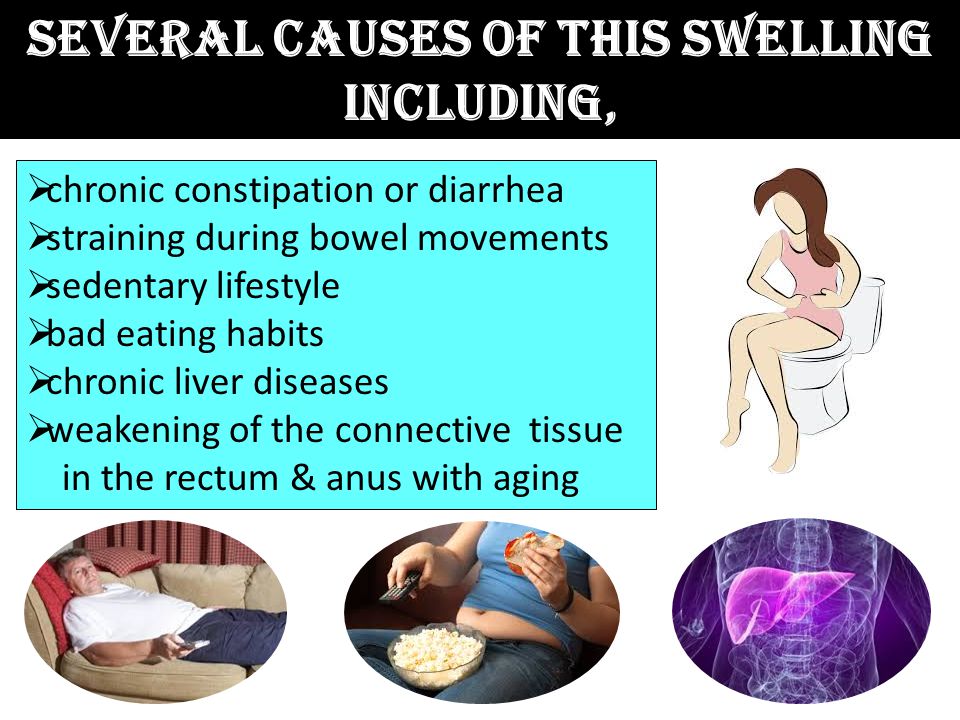
For uncomplicated hemorrhoids of the 2nd and 3rd stages, the patient most often has to be hospitalized, but without surgical intervention. Complicated hemorrhoids with bleeding require surgical intervention, but the disease rarely reaches such an advanced state.
Of course, the disease is easier to prevent than to treat. Avoiding hemorrhoids is easy. To do this, you need to monitor regular bowel movements - at least once, and preferably twice a day. Ideally, it should happen at the same time. After each act of defecation, be sure to wash yourself using soap and cold water. A large role in the prevention of constipation is the rejection of a sedentary lifestyle. Moderate physical activity - special exercises for pregnant women, walking, swimming - will help you avoid many problems. Kegel exercises are also useful - drawing in and relaxing the muscles of the perineum and anus.
Proper balanced nutrition should be singled out as a separate item in the prevention of hemorrhoids.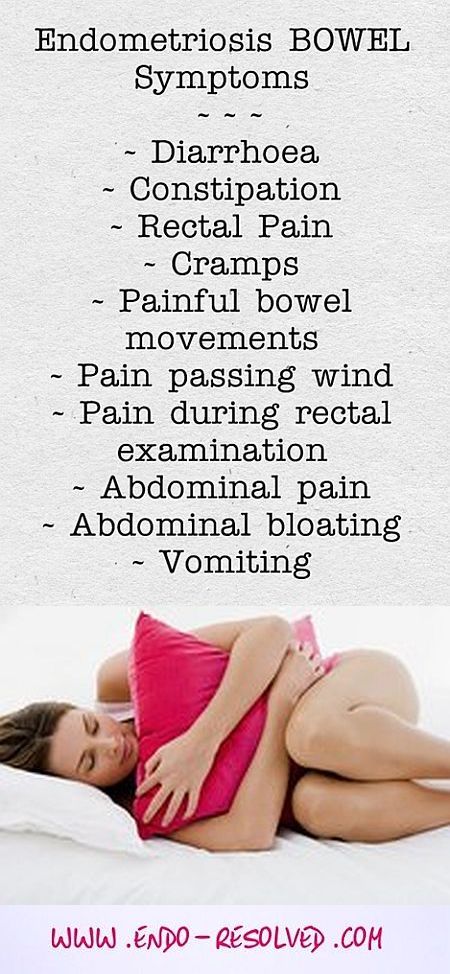
Heartburn
Heartburn is a burning sensation in the upper abdomen, sometimes reaching the esophagus and throat, caused by the reflux of acidic stomach contents into the esophagus. In addition, heartburn may be accompanied by flatulence, nausea, belching, and an unpleasant taste in the mouth. Usually a feeling of discomfort occurs after eating or in the supine position.
Where is the problem? Unfortunately, heartburn is a frequent companion of pregnancy. Under the influence of progesterone already known to us, the smooth muscles of the sphincter located between the stomach and the esophagus relax, which contributes to the reflux of the contents of the stomach into the esophagus. In the second half of pregnancy, the problem is further aggravated by the fact that the growing uterus presses on the stomach.
Overeating, insufficient chewing of food, malnutrition can also provoke heartburn.
What to do? To combat heartburn, experts recommend paying attention to your diet. Firstly, nutrition should be fractional: you need to eat often and in small portions. Secondly, you should give up too fatty foods (especially meat and fish), carbonated drinks, fresh bread, muffins, black coffee, as well as sour and spicy foods. After eating for 30-40 minutes, you can not take a horizontal position. To relieve the symptoms of heartburn, your doctor may recommend taking antacids.
Firstly, nutrition should be fractional: you need to eat often and in small portions. Secondly, you should give up too fatty foods (especially meat and fish), carbonated drinks, fresh bread, muffins, black coffee, as well as sour and spicy foods. After eating for 30-40 minutes, you can not take a horizontal position. To relieve the symptoms of heartburn, your doctor may recommend taking antacids.
Intestinal disorder
Intestinal disorder is most commonly referred to as banal diarrhea. However, depending on the severity of the disorder, it may be accompanied by vomiting, abdominal pain, bloating, fever, symptoms of intoxication of the body (pallor of the skin, weakness, sweating, etc.).
Where is the problem? Indigestion can be caused by two main causes. The first is power supply errors. As we have already noted, during pregnancy, taste preferences often change significantly, appetite increases. As a result, overeating and combining incompatible foods may well cause indigestion with subsequent upset. The second reason is related to the infectious factor, that is, the penetration of pathogenic bacteria into the body, for example, through the use of poor-quality food.
The second reason is related to the infectious factor, that is, the penetration of pathogenic bacteria into the body, for example, through the use of poor-quality food.
What to do? If the symptoms of the disorder are minor and not associated with a bacterial nature, it will be enough to temporarily limit the diet, drink as much liquid as possible. Most likely, the doctor will prescribe a therapeutic diet. To alleviate the condition, you can take activated charcoal and an antispasmodic.
If the intestinal disorder is caused by a bacterial infection, serious medications cannot be dispensed with. In any case, only a doctor can determine the nature of the disease - in this case, self-medication is not worth it.
To avoid intestinal disorders, it is enough to follow some simple rules. Remember that pregnancy is not the best time to experiment with new foods and explore exotic dishes - try to stick to your usual foods. Wash vegetables, fruits and berries thoroughly in warm water before use. Carefully study the expiration dates of the products, observe the conditions of their storage. If you doubt the look, smell or taste of a product, don't risk it - send it home.
Carefully study the expiration dates of the products, observe the conditions of their storage. If you doubt the look, smell or taste of a product, don't risk it - send it home.
Be healthy!
Head of women's consultation Korban A.G.
toxemia, bowel problems and heartburn
Find out how pregnancy affects the digestive tract, which trimesters are more likely to cause symptoms of indigestion and nausea, and what to do to manage them.
During pregnancy, the burden on the mother's body increases. The body needs more nutrients, the body produces additional hormones. And the growing fetus puts pressure on neighboring organs, including the stomach and intestines. We tell you what symptoms are observed in each trimester, how to cope with toxicosis and get rid of heartburn.
Contents:
- 2. Toxicosis and pregnancy
- 3. Causes, risks and treatment of diarrhea during pregnancy
- 4. Heartburn and stomach pain during pregnancy
- 5.
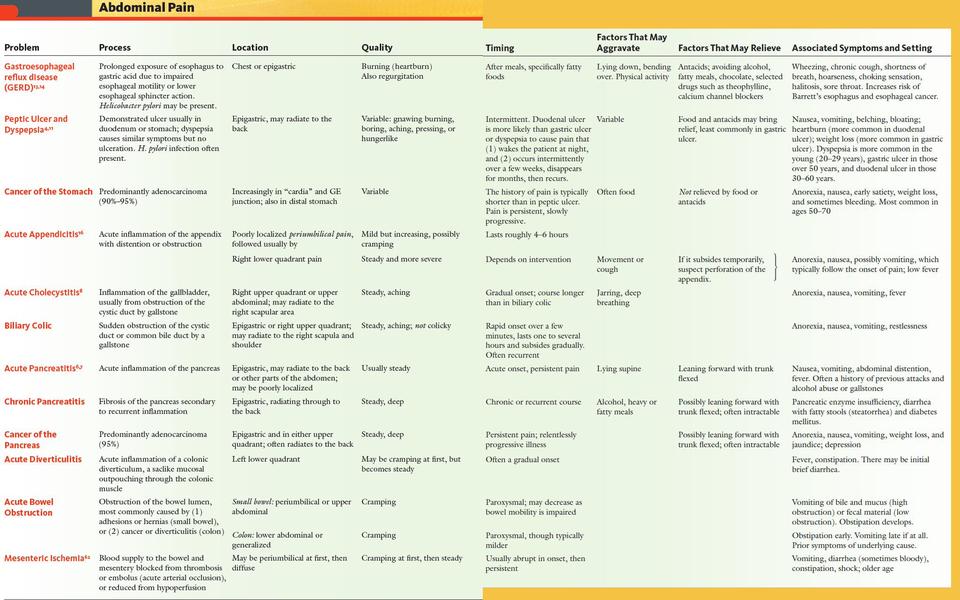 Bloating, constipation and microbiota during pregnancy
Bloating, constipation and microbiota during pregnancy - 6. Note
Changes in the functioning of the gastrointestinal tract by trimesters of pregnancy
The average duration of pregnancy is 40 weeks, which are usually divided into trimesters in accordance with the stages of intrauterine development of the child.
The Atlas Genetic Test will help you find out how your genes affect the level of female sex hormones necessary for fertility and pregnancy.
Causes of gastrointestinal problems during pregnancy
Every pregnancy is accompanied by inevitable changes in the functioning of the digestive system. They are more often caused by hormonal changes and increased stress on the organs, but they can also be associated with lifestyle and health conditions, for example:
- Sedentary lifestyle and unbalanced diet;
- Certain drugs, including calcium or aluminum antacids;
- Viral and bacterial infections;
- Intolerance to certain nutrients and allergic reactions;
- Stress;
- Diseases of the thyroid gland.
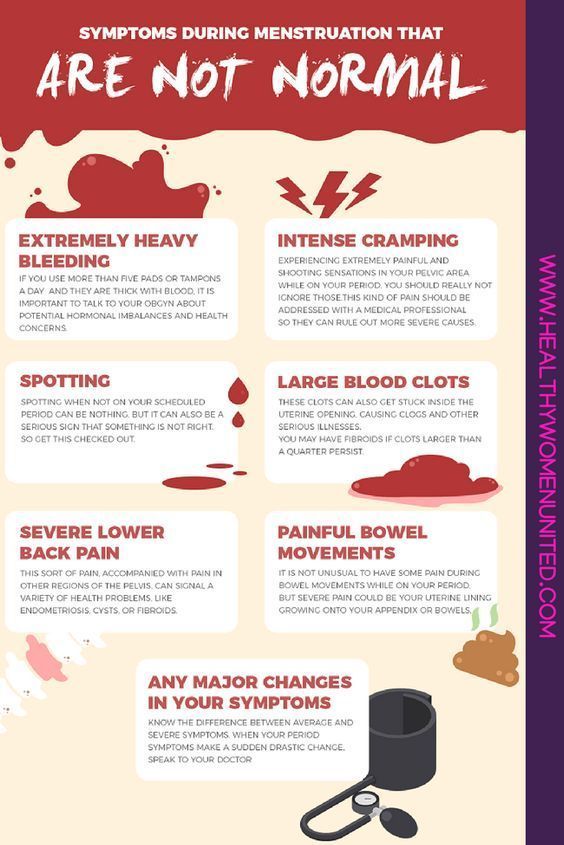
If you have chronic diseases of the gastrointestinal tract and you are planning a pregnancy, try to consult your doctor in advance. Symptoms of conditions such as irritable bowel syndrome (IBS) or acid reflux are more likely to get worse during pregnancy. Your doctor will help prepare your body and create a prevention plan to help relieve symptoms during this time.
Irritable bowel syndrome, or IBS, is a functional bowel disease that causes frequent abdominal pain, impaired peristalsis, bloating, constipation, or diarrhea.
Morning sickness, vomiting and general malaise during pregnancy
Morning sickness and morning sickness during early pregnancy are common, because the body undergoes important changes necessary for the development of the child.
up to 90%
women experience nausea during pregnancy
Doctors find it difficult to say with certainty why pregnant women feel sick in the morning.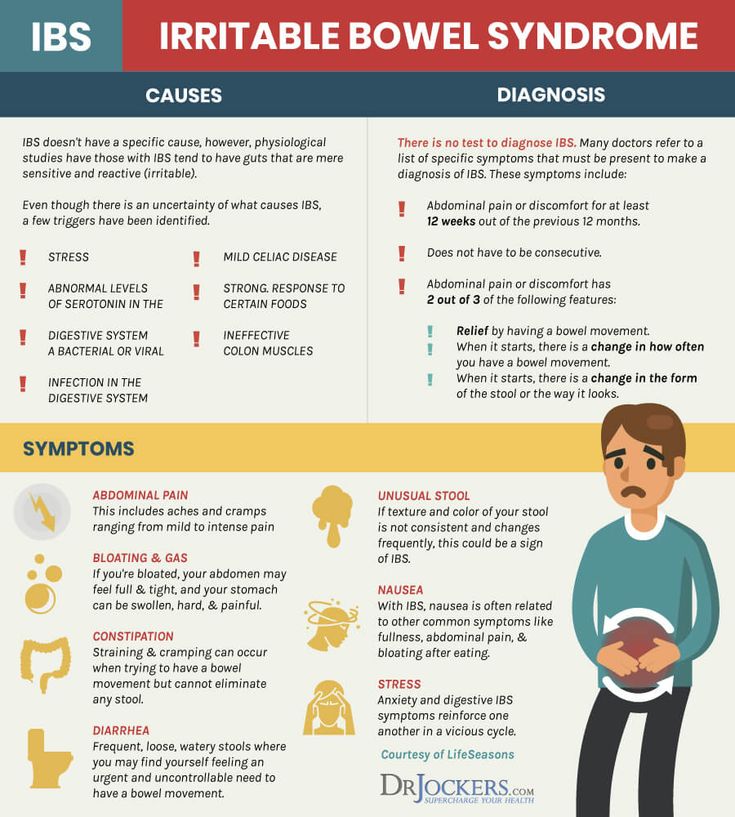 The main theory is hormonal changes. But there are some patterns associated with an increased risk of morning sickness:
The main theory is hormonal changes. But there are some patterns associated with an increased risk of morning sickness:
- Multiple pregnancy;
- Toxicosis during a previous pregnancy;
- History of morning sickness during pregnancy in close relatives;
- Tendency to motion sickness in transport;
- Use of oral contraceptives containing estrogen before pregnancy;
- Frequent migraines;
- BMI 30 and above;
- Increased levels of stress hormones
Risks of severe morning sickness and how to reduce nausea
Nausea and vomiting are usually not associated with a risk for mother and child and will pass by 16-20 weeks of pregnancy, but it is not necessary to wait so long - there are ways that can help reduce nausea and enjoy the process of waiting for a new person:
- Get plenty of rest - fatigue increases toxicosis;
- Avoid smells and foods that cause nausea;
- Eat something right after waking up.
 A toast or a slice of bread will help reduce nausea;
A toast or a slice of bread will help reduce nausea; - Avoid hunger - empty stomach increases nausea. Eat small meals often, prefer low-fat, high-carbohydrate foods;
- Try ginger - studies show it helps with nausea;
- Sip as often as possible and prefer still water.
In rare cases, pregnant women may develop hyperemesis gestationis or excessive vomiting. This is a serious condition that can lead to dehydration, kidney damage, seizures, abnormal heart rhythms, and even death.
Signs of dehydration include: dry mouth, dizziness, dark urine, infrequent urination and/or dizziness.
Symptoms of excessive pregnancy vomiting:
- frequent nausea for a long time and regular vomiting after meals;
- dry skin and lips;
- sudden weight loss;
- low blood pressure (below 90/60).
If symptoms of excessive pregnancy vomiting occur, do not wait until the condition resolves on its own. It is necessary to seek medical help as soon as possible - the doctor will prescribe treatment, help adjust the diet and lifestyle of the expectant mother.
It is necessary to seek medical help as soon as possible - the doctor will prescribe treatment, help adjust the diet and lifestyle of the expectant mother.
0.5–2%
pregnant women experience excessive vomiting
Diarrhea in pregnancy
The word "diarrhea" comes from the Greek language and literally means "to flow through". This is a condition during which bowel movements or bowel movements occur three times a day or more often. This phenomenon is especially typical for the third trimester of pregnancy, but it can also occur earlier.
Symptoms of diarrhea:
- Three or more bowel movements per day
- Urgent urge to have a bowel movement
- Abdominal pain and cramps
- Bloating
Causes of diarrhea during pregnancy poisoning, dysbacteriosis, bacterial and viral infections:
| Gastroenteritis | Use of lactose and gluten in case of intolerance to these nutrients |
| Bacterial infections: listeriosis or salmonella | Chronic gastrointestinal diseases: Crohn's disease, IBS, ulcerative colitis |
| Certain antibiotics and antacids to reduce acidity | Laxatives |
| Sugar substitutes such as sorbitol | Overconsumption of certain foods |
Tip: If you have recently returned from a holiday in an exotic country with nausea and diarrhea and find out you are pregnant, see your doctor as soon as possible.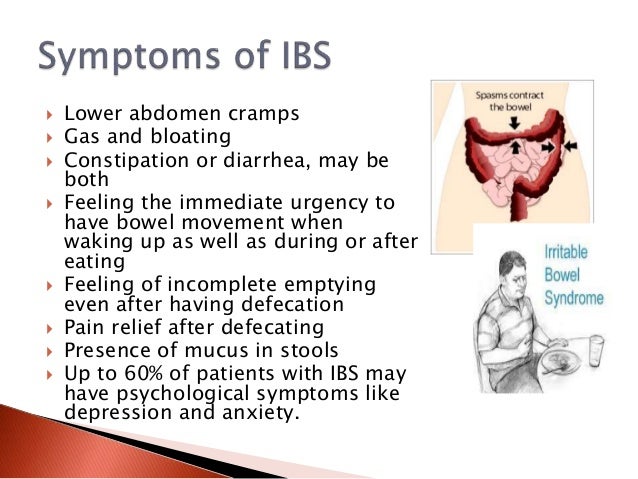
Gastroenteritis
One common cause of diarrhea during pregnancy is gastroenteritis or stomach flu. It is caused by bacterial or viral infections: norovirus, rotavirus, E. coli, salmonella, which enter the body through contact with contaminated surfaces, dishes, food and water.
Gastroenteritis usually lasts about three days. However, severe illness is a health hazard, especially during pregnancy, as it can cause dehydration, electrolyte imbalance, and lead to preterm labor.
The main symptoms of gastroenteritis are diarrhea without blood, nausea and vomiting, stomach cramps and pain, slight fever, headache and muscle pain.
Take extra precautions to reduce your risk of getting sick: frequent handwashing and surface disinfection. If the expectant mother has small children, they are not recommended to use the same cutlery.
Risks of diarrhea during pregnancy
Diarrhea during pregnancy is not usually a cause for concern.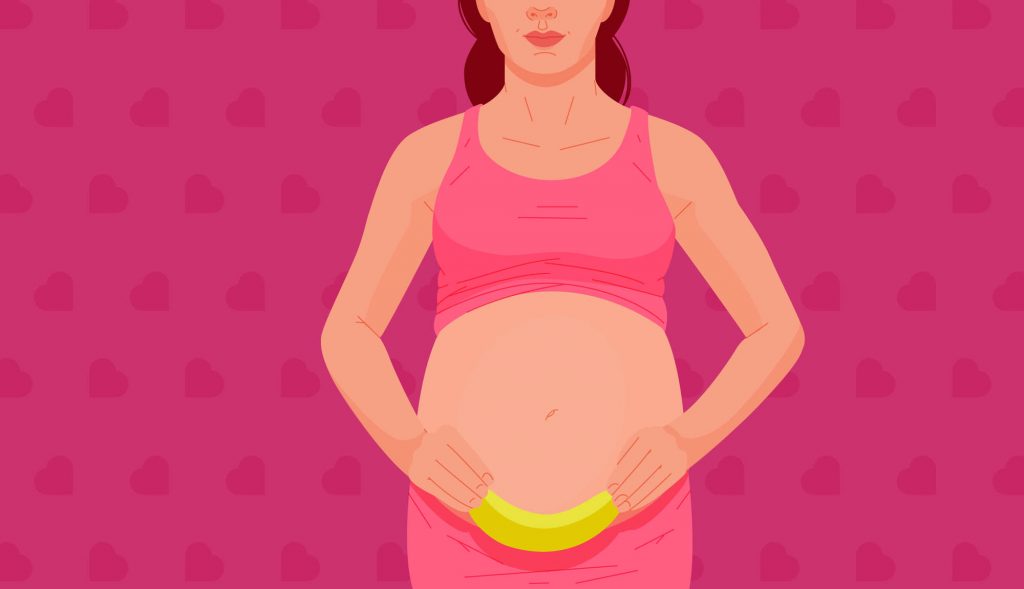 However, you should consult a doctor if the following symptoms occur during this period:
However, you should consult a doctor if the following symptoms occur during this period:
- Diarrhea for more than two days;
- Blood or mucus stools;
- Sudden weight loss;
- Abdominal pain;
- Dehydration.
How to treat diarrhea during pregnancy
If you have diarrhea during pregnancy, drink plenty of fluids, avoid foods high in fat and sugar, avoid dairy products, and caffeinated drinks.
Dehydration is a serious risk, especially during pregnancy, so electrolyte balance should be restored first with fluids and simple foods:
| Moderate fruit juices | Drinks without alcohol and caffeine |
| Bananas | Potato |
| Rice | Toast |
| Rusks | Light soups and broths |
| Pasta | Applesauce |
Use the Atlas Microbiota Test to find out your body's ability to break down lactose and gluten.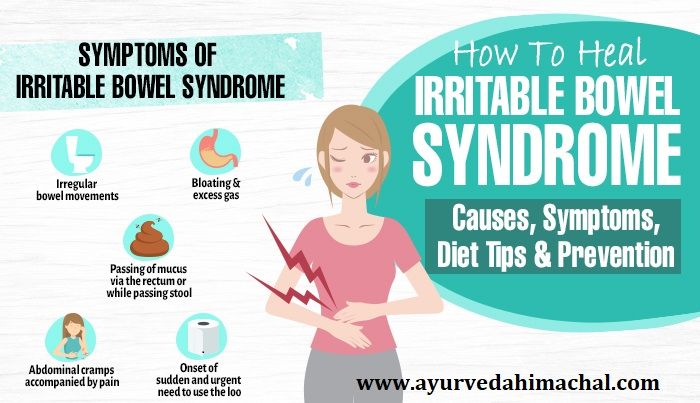
Stomach pain and heartburn during pregnancy
Many women experience stomach pain during pregnancy, especially the upper part of the stomach, as well as heartburn - a burning sensation in the chest and esophagus.
This is more common in the third trimester, after about 27 weeks. This is an unpleasant but natural phenomenon during pregnancy: the baby grows inside the uterus and presses on other organs, including the stomach. And hormones cause the muscles to relax, which causes acid from the stomach to enter the esophagus and irritate it. In addition, pain can be caused by problems with certain organs such as the gallbladder, or inflammation of the pancreas.
Symptoms of heartburn during pregnancy:
- Burning in chest and esophagus;
- Feeling of overeating, heaviness or bloating;
- Belching, including with acid and/or food particles;
- Nausea.
It is unlikely that you will be able to avoid cramps and heartburn during pregnancy.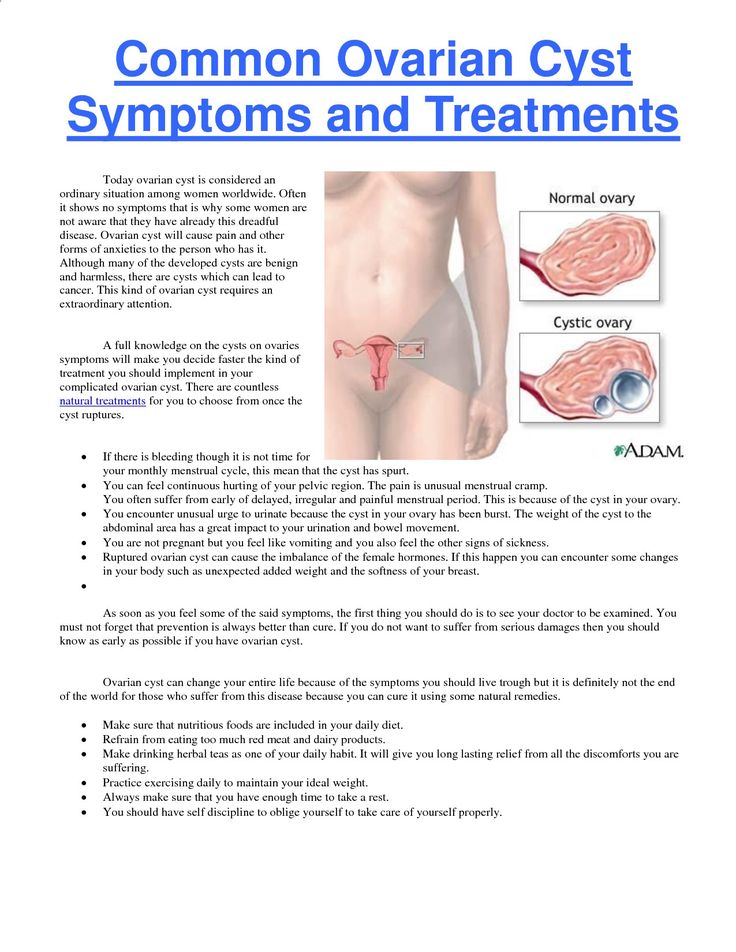 However, some tips can help reduce their frequency:
However, some tips can help reduce their frequency:
Nutrition : try to avoid overeating - eat easily digestible food in small portions; do not eat three hours before bedtime; watch your posture while eating - so the pressure on your stomach will be less.
Smoking and alcohol: In addition to known harms to mothers and babies, tobacco smoke also relaxes the muscles in the lower esophagus, allowing acid to enter the esophagus. And alcohol provokes heartburn and acid reflux.
Although stomach pain and heartburn often accompany pregnancy, abdominal pain, especially in the third trimester, should be taken seriously. It can be a sign of preterm labor or placental abruption, and puts mother and baby at risk.
If you experience severe abdominal pain during pregnancy that is accompanied by the following symptoms, seek medical attention as soon as possible:
| Abdominal pain and fever | Bleeding |
| Regular seizures | Unusual vaginal discharge/ spotting |
| Vomiting | Low back pain |
| Pain or burning when urinating | Severe pain that lasts 30-60 minutes |
Bloating, constipation and microbiota during pregnancy
Excessive gas and constipation during pregnancy can be caused by hormonal changes, such as increased production of progesterone.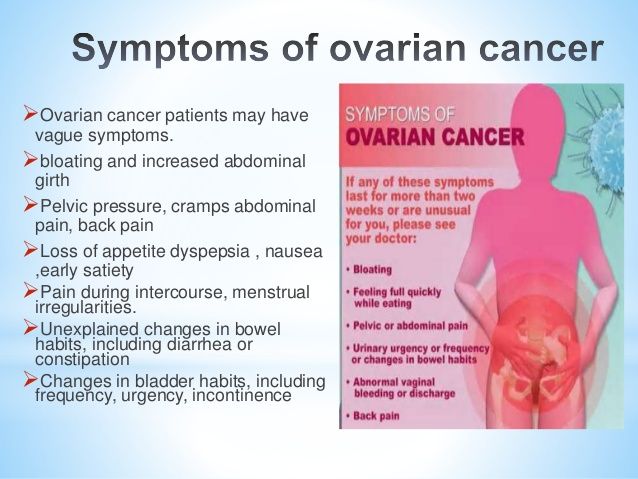 This hormone, essential for nourishing the uterus and fetus, relaxes the muscles of the body, including the muscles in the intestines, which slows down digestion and increases flatulence. A similar reaction of the body can be observed before each menstruation, when the production of progesterone increases.
This hormone, essential for nourishing the uterus and fetus, relaxes the muscles of the body, including the muscles in the intestines, which slows down digestion and increases flatulence. A similar reaction of the body can be observed before each menstruation, when the production of progesterone increases.
Flatulence - bloating of the abdomen due to the accumulation of gases.
Here are a few simple rules that will help improve intestinal motility and avoid constipation and bloating:
- If you do not usually eat a lot of fiber and indigestible foods like legumes, try to gradually introduce them into the diet;
- Avoid carbonated drinks and fatty foods;
- Move more;
- Drink plenty of fluids.
If bloating and constipation are accompanied by severe pain that lasts more than 30 minutes, or if you have been constipated for two or more weeks, call your doctor.
Gut microbiota and bacteria during pregnancy
A woman's body goes through many changes during pregnancy, and this can affect the microbiota, the bacterial ecosystem that lives in the gut. Trillions of microorganisms do important work for the whole body: they synthesize vitamins and essential acids, keep your intestines working and protect it from disease and inflammation.
Trillions of microorganisms do important work for the whole body: they synthesize vitamins and essential acids, keep your intestines working and protect it from disease and inflammation.
The additional influx of female hormones that accompanies pregnancy alters gut function and affects the microbiota. This is good, because the bacterial community is constantly adjusting to external and internal conditions in order to keep up with the needs of the body.
To keep your gut bacteria running smoothly, they need your help. Provide them with healthy foods and plant fibers. Fruits, vegetables, whole grains, nuts, and seeds contain prebiotics, special substances that beneficial bacteria feed on. When properly balanced, the bacteria even increase your body's defenses against harmful microorganisms that can cause gastroenteritis during pregnancy.
The Atlas Microbiota Test will help you understand how to prepare your intestines for a future pregnancy and reduce the risk of digestive problems.
☝️ Take note
Now you have all the necessary knowledge and tools to help you deal with digestive problems during pregnancy. They are quite varied and quite natural, but in some cases it is necessary to immediately seek medical help:
- Vomiting blood;
- Blood in stool;
- Diarrhea for more than two days;
- Constipation for more than two weeks;
- Sudden weight loss;
- Severe pain interfering with daily activities;
- Difficulty breathing;
- Pain when swallowing or difficulty swallowing;
- Excessive fatigue.
More articles on the causes of digestive problems on the blog:
- 7 foods that cause gas and bloating
- Lindsey J Wegrzyniak, Treatment of Hyperemesis Gravidarum, 2012
- Edwards A. et al., The Maternal Gut Microbiome During Pregnancy, 2018
- National Health and Safety (NHS), Vomiting and morning sickness in pregnancy
- Kudzai Kanhutu, Travel and pregnancy: an infectious diseases perspective, 2011
- CDC, Pregnant travelers
- U.






